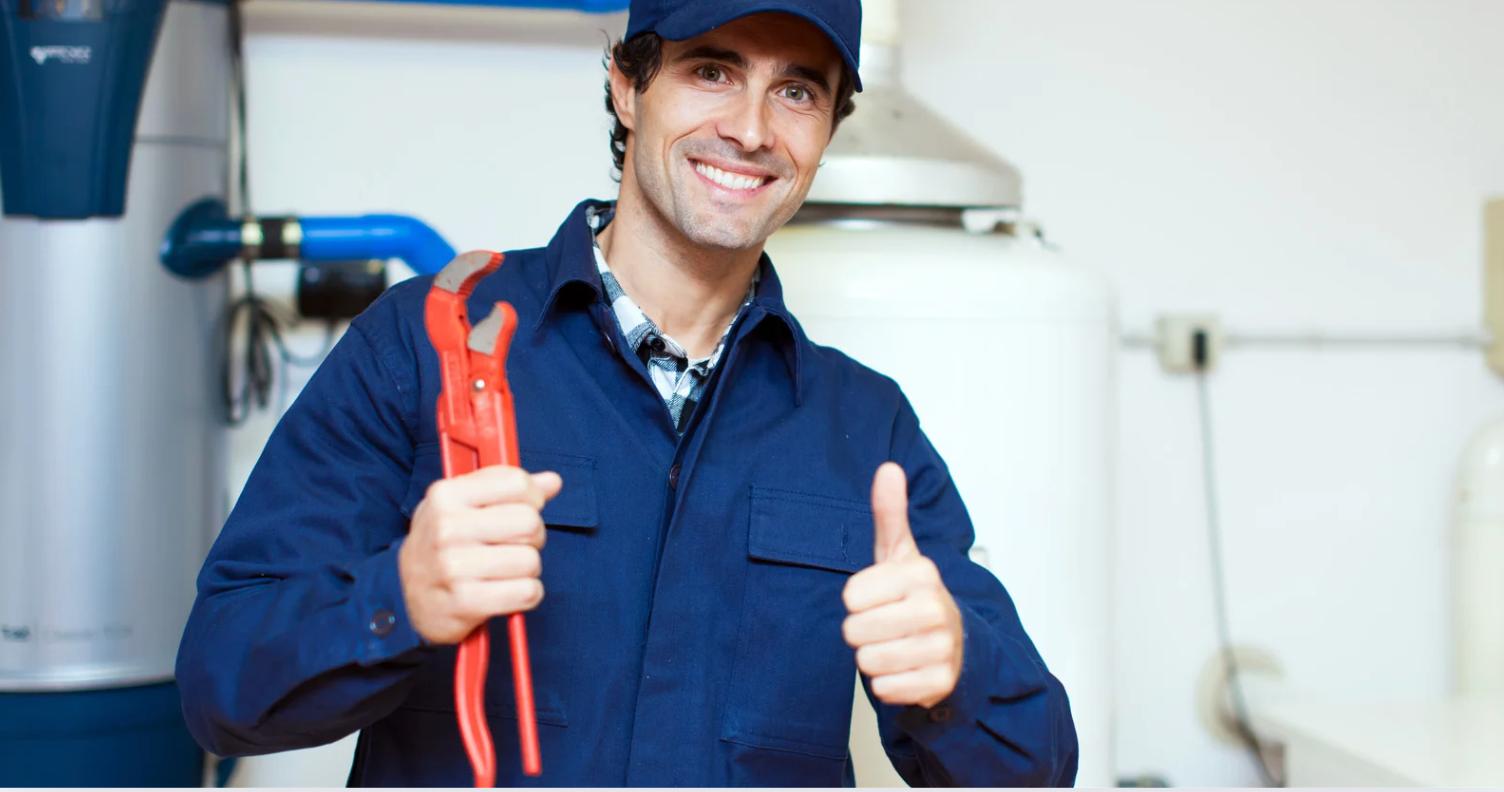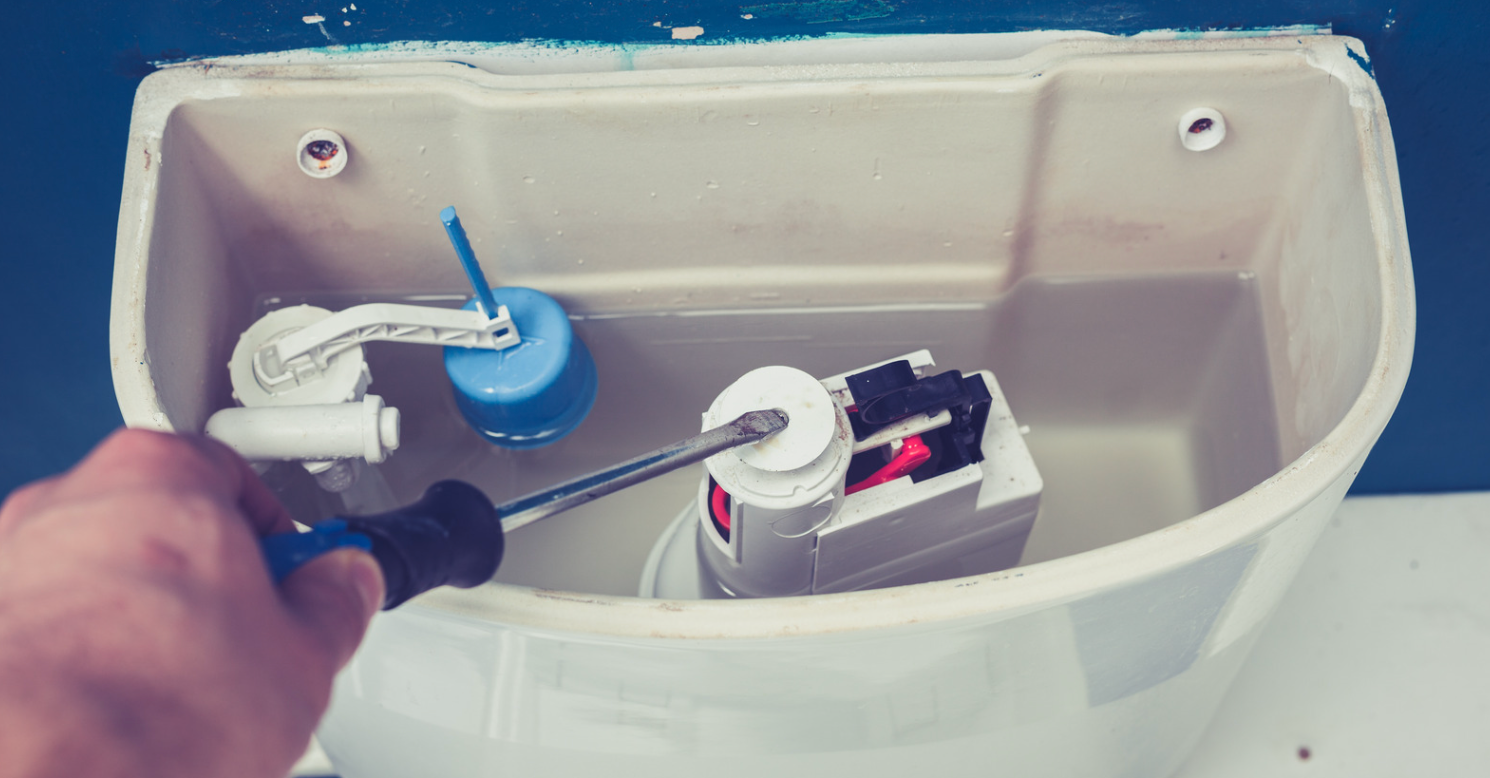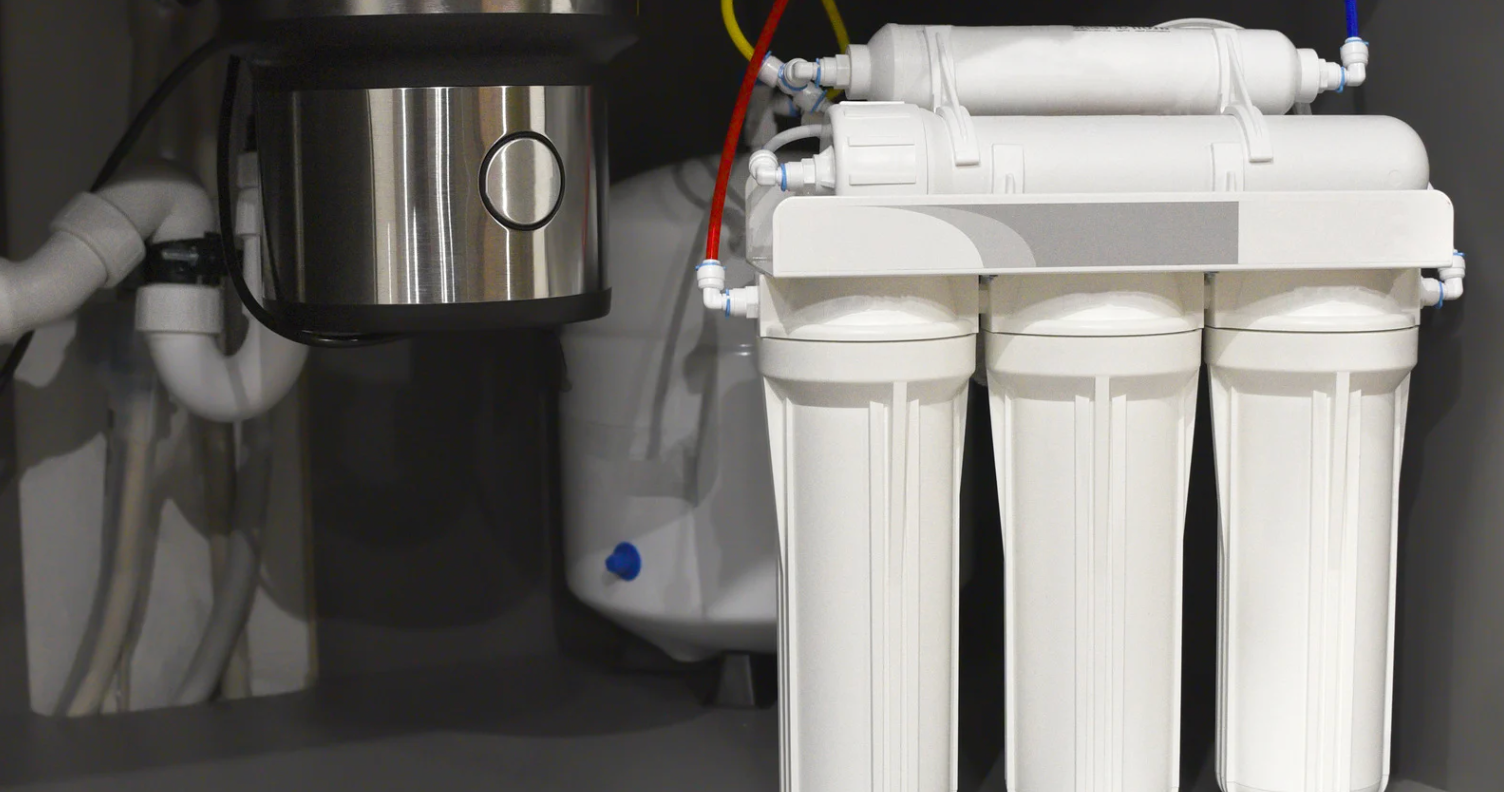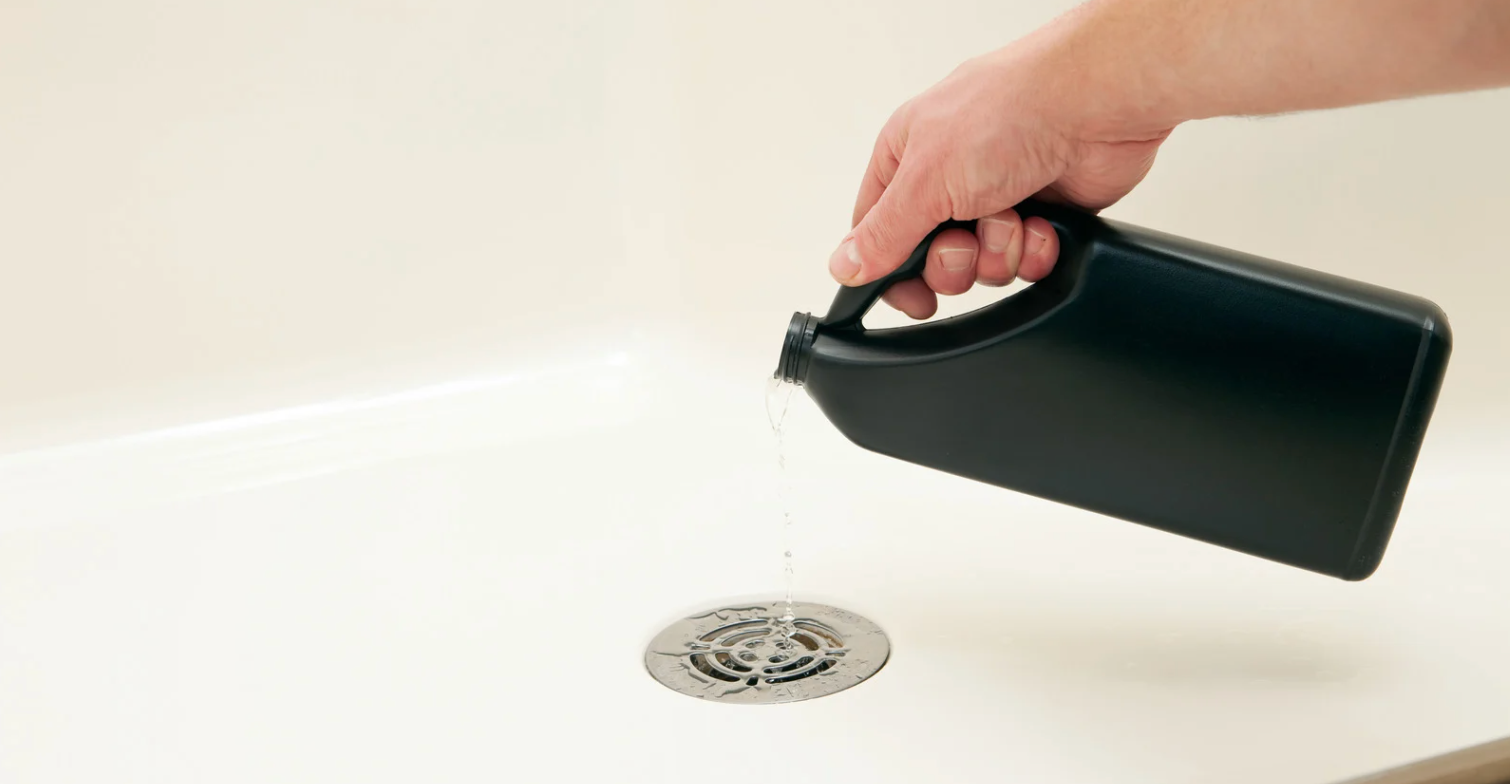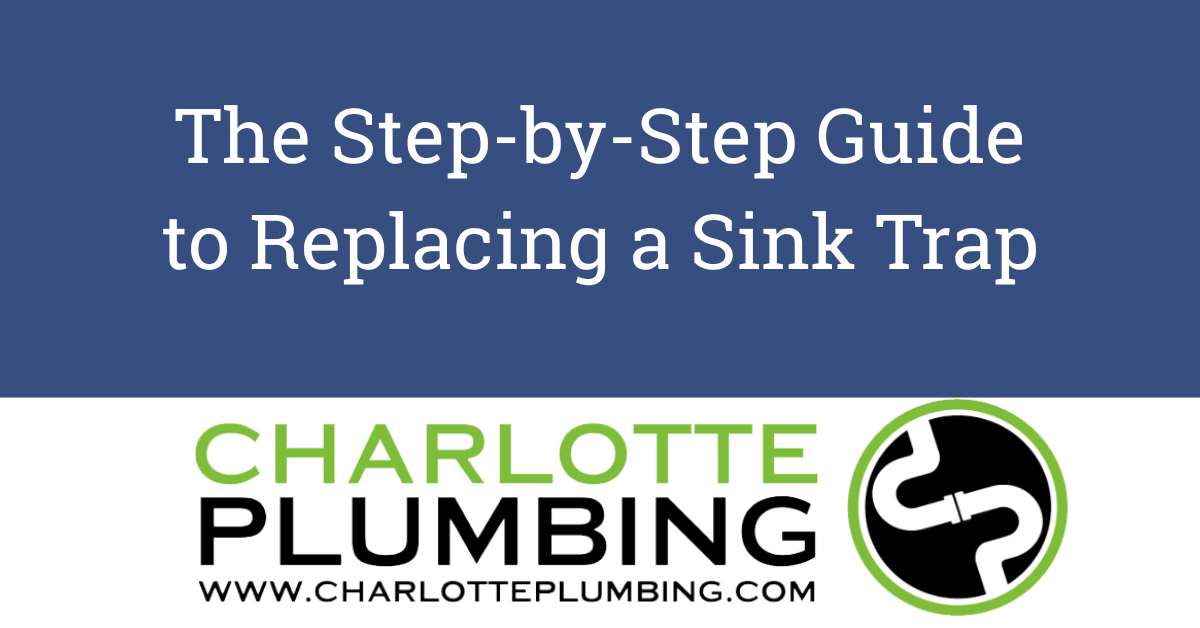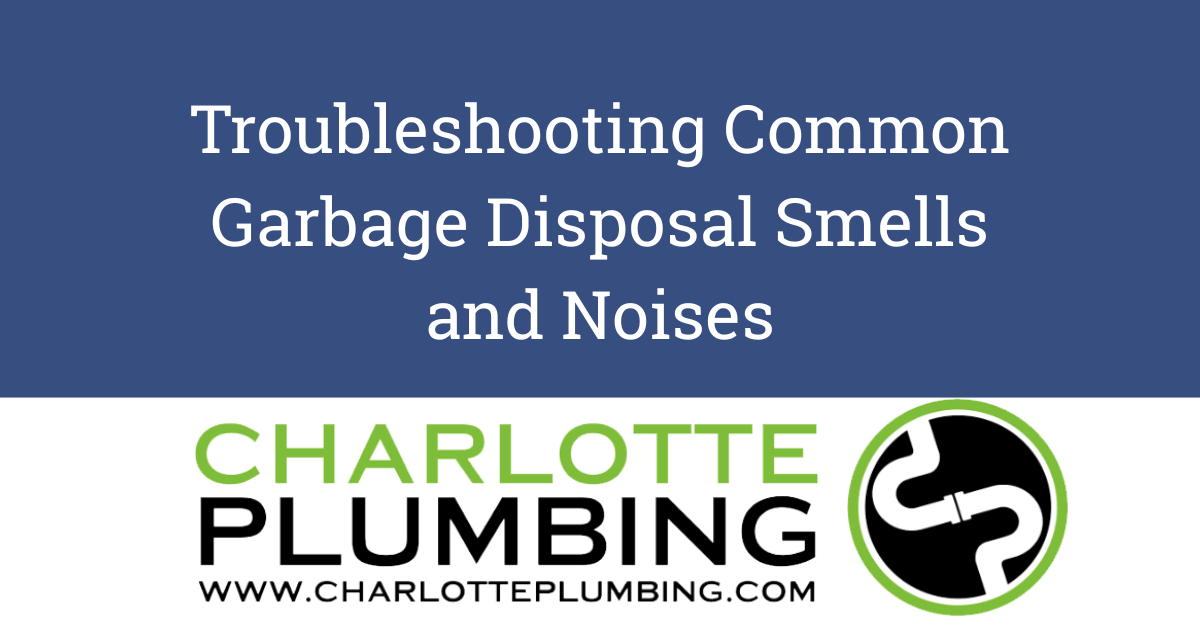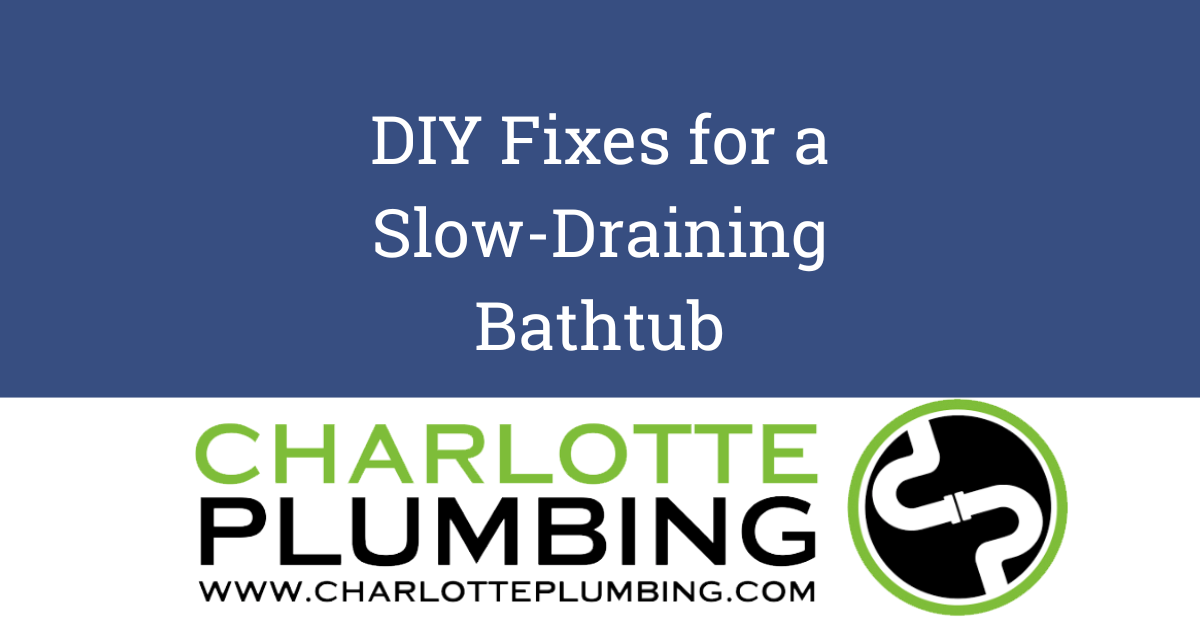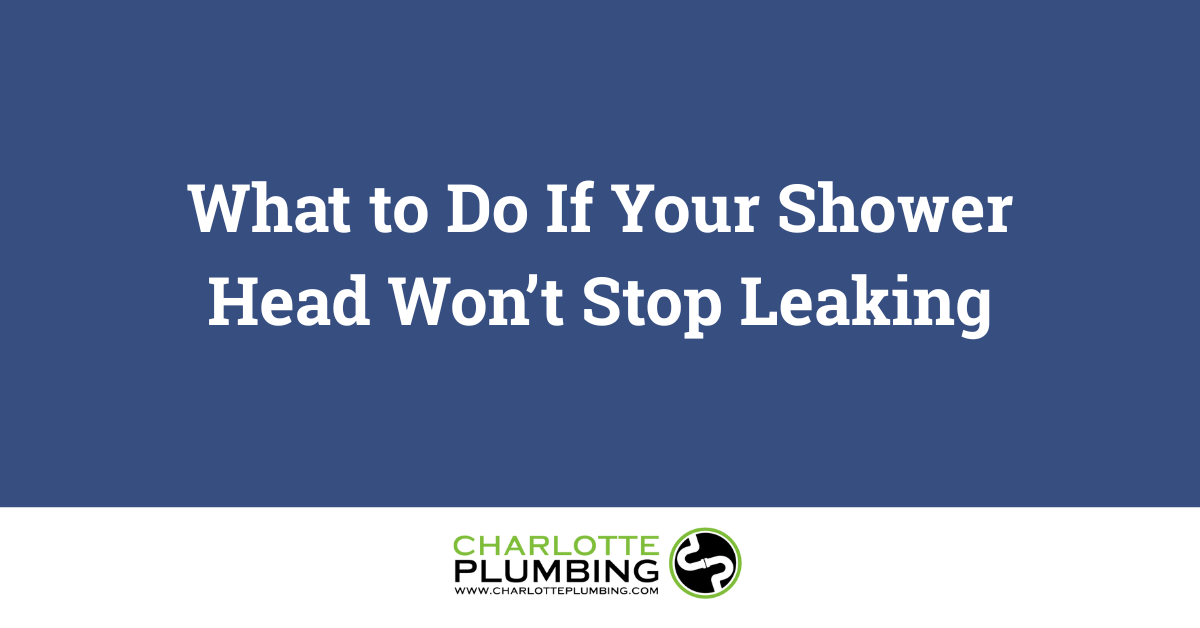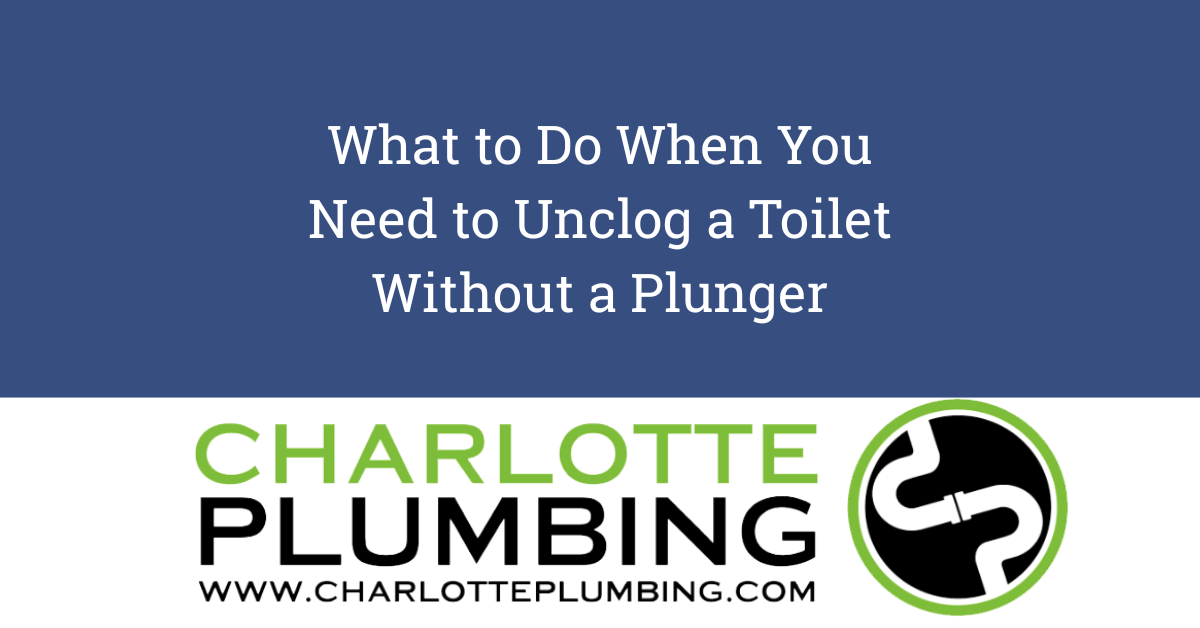How to Detect and Repair Hidden Water Leaks in Your Home
Hidden water leaks in a home can be elusive and damaging, leading to increased water bills and potentially severe structural damage over time. Understanding how to detect and address these leaks can save homeowners from costly repairs and the hassle of dealing with water damage. Charlotte Plumbing is here to guide you through the steps to identify and repair hidden leaks, ensuring your home remains dry and secure.
Spotting the Signs of Hidden Leaks
The first step in tackling hidden water leaks is recognizing their signs. Unexplained spikes in your water bill are often the first indicator of a possible leak. Other signs include musty odors, visible mold spots, or staining on walls, ceilings, and floors. You might also hear the sound of running water when all taps are turned off, or notice a significant drop in water pressure. These symptoms suggest that water is escaping from your pipes somewhere within your home.
Using Technology to Locate Leaks
Once you suspect a leak, the next challenge is locating it. For leaks that aren’t immediately apparent, technology comes to the rescue. Tools like acoustic leak detectors can listen for the sound of escaping water through walls and floors. Thermal imaging cameras can also be useful, as they detect variations in temperature caused by damp patches from leaks. These sophisticated tools can help pinpoint the exact location of a leak without the need for invasive demolition.
DIY Leak Confirmation Test
To confirm a leak, you can conduct a simple meter test. Turn off all water inside and outside your home, then record your water meter reading. Wait for an hour without using any water, and check the meter again. If the reading has changed, you likely have a leak.
Professional Assessment and Repair
While minor leaks might be manageable with DIY methods, significant hidden leaks require professional attention. Charlotte Plumbing recommends calling in experienced plumbers who can use professional-grade tools and techniques to repair leaks effectively. This ensures the problem is fully resolved, preventing future damage and restoring your peace of mind.
Preventative Measures
Finally, regular maintenance and inspection can prevent leaks before they start. Have a professional plumber inspect your home’s plumbing system annually. This can help catch issues like corrosion or wear and tear early, avoiding hidden leaks from developing.
By following these steps and working with Charlotte Plumbing, homeowners can protect their properties from the pitfalls of hidden water leaks. Stay vigilant and proactive to keep your home safe and dry.
